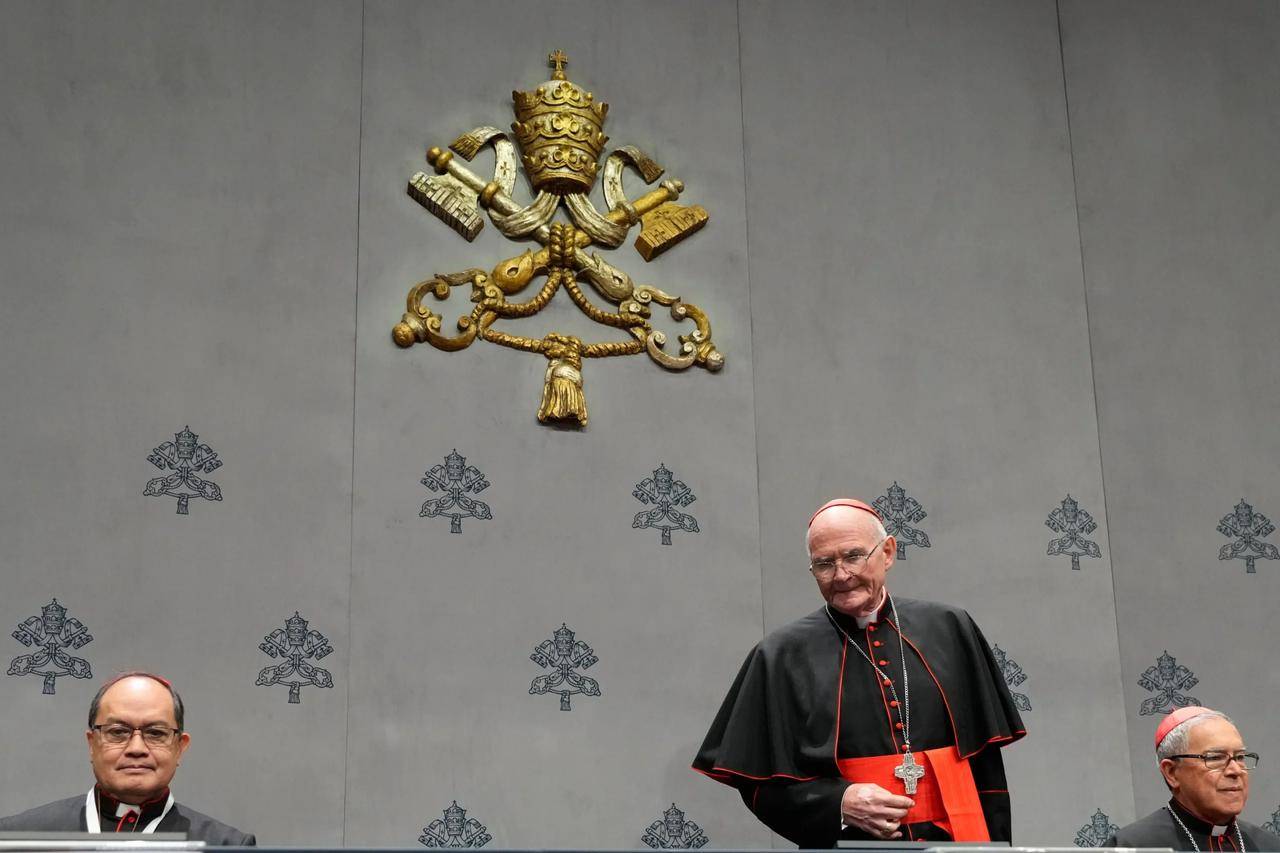So it turns out I was wrong about the place, the women with me, even the death talks.
Back at home we spend untold hours fretting over money, when we can retire, if we can retire, how to pay for kids’ college or weddings, who’ll take care of us when we’re old. We try to anticipate the many catastrophes that may or may not befall us, but we prepare almost not at all for the one catastrophe that surely will: our death.
It’s an uneasy subject. I’ve never wanted to think about it, never mind talk about it, over and over.
Yet hearing and seeing 91-year-old Keating, far closer to death than most of us, dissect it all, well, it’s comforting. That’s in no small part because he’s a Catholic monk who truly believes we will live forever. And he’s very persuasive. This son of a rich Manhattan lawyer, educated at Yale, is also charming, funny, endearing, and a brilliant theological scholar. He’s like your wise old grandfather here to tell you, calmly, that he’s been to the mountaintop. There is nothing to fear.
Keating’s thesis: that Centering Prayer, as a practice of letting go of thoughts, repeatedly, is a rehearsal for the final letting go into death. Then, like it or not, we must let go of our possessions, our homes, those we love, our memories, our very bodies. But this letting go can be a process of transformation, of resurrection, a second birth into the spirit’s new life.
Keating quotes St. Paul, “No one can imagine what God has prepared for those who love him.” Maybe we should take Paul’s words seriously, spend a few moments each day being still, and see what happens. “The ultimate Mystery is utterly fascinating and desirable, and the longing to experience and possess it is deeply implanted in human nature,” Keating says. “We are never quite at peace without developing this ultimate relationship.”
He also says physical suffering can be less painful than psychological suffering when a person keeps denying death or is petrified of what may happen if heaven, and hell, is real. Suppose a person did terrible things?
“Forget about it,” Keating says, almost laughing. We all start laughing, too. Just remember the parable of the Prodigal Son, he goes on, who went off and squandered his father’s money on wine, women, and debauchery. Yet when he finally comes home, the father rushes to greet him, prepares a massive feast in his honor, and gives him everything he had before. “This is the Christian understanding of God’s attitude toward the sinner,” says Keating. All is forgiven.
As for flames licking at our feet, Keating recalls Karl Rahner, the great theologian during the Second Vatican Council, teaching that Christians must believe in hell. But “this doesn’t necessarily mean that anyone is there!”
After Keating’s presentations, we discuss them in our group. The conversations are like nothing I’ve experienced before. I mean, really, who sits around for hours in August contemplating death, even when one is close it, even when mother or father is in the next room with hospice care? It’s just not done.
At one point the nun who turned out to be my retreat favorite, 88-year-old Sister Jeannine, says, quietly, that she attended the death of her father, who said, “It’s not that hard.” She attended the death of her brother, who said, “I am not the first. It’s just my turn now.” Sister Jeanine is not concerned with fire and brimstone either.
On the cross, Christ promised the crucified thief beside him a place beside him as well in paradise. If the thief got the nod, says Sister Jeannine, most of the rest of us should get it, too.
Tomorrow: The women of the retreat














